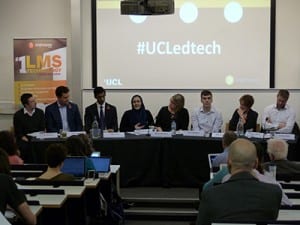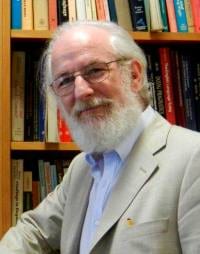School trip to the WWI battlefields
By utnvlru, on 20 November 2015
 Working in media/press at the UCL Institute of Education, I am dealing daily with issues and research around teaching and education. However, it is quite rare to get a chance to engage with schools, teachers, and pupils directly and witness the real-life aspect of the work that IOE is involved in.
Working in media/press at the UCL Institute of Education, I am dealing daily with issues and research around teaching and education. However, it is quite rare to get a chance to engage with schools, teachers, and pupils directly and witness the real-life aspect of the work that IOE is involved in.
I therefore found it a really interesting experience to be able to take part in one of the First World War Centenary Battlefields Tours Project (FWWCBTP) trips – a five year project running until 2019 by the IOE in conjunction with Equity Tours, and funded by the Department for Education (DfE) and the Department for Communities and Local Government (DCLG), which allows every state secondary school in England to send two pupils and one teacher to the Ypres and the Somme to visit the First World War Battlefields.
It was insightful and hugely enjoyable not only to learn more about The Great War myself, but also to meet and the teachers and learn more about their jobs, the pressures and the satisfactions; as well as meeting some really engaged and bright pupils and witnessing how they immersed themselves into this experience.
The tours, which take place over four days, offer the pupils, who range in age from 14 to 18, the opportunity to see the First World War Battlefields, cemeteries and memorials first-hand. The aim of the project, as opposed to other Battlefield tours, is for the pupils to engage on a more personal level with the war; they are encouraged to research soldiers from their local areas who took part, and, where possible, any relatives from their own family. They then have the opportunity to follow the journey of these soldiers and locate their place of burial while in Ypres and the Somme.
 Close
Close


 Is today’s educational technology (ed-tech) fit for purpose? That was the question posed during Tuesday 10 November’s panel session. A variety of speakers – academics, business leaders and UCL students – collectively sought to find out if there was an answer.
Is today’s educational technology (ed-tech) fit for purpose? That was the question posed during Tuesday 10 November’s panel session. A variety of speakers – academics, business leaders and UCL students – collectively sought to find out if there was an answer.
